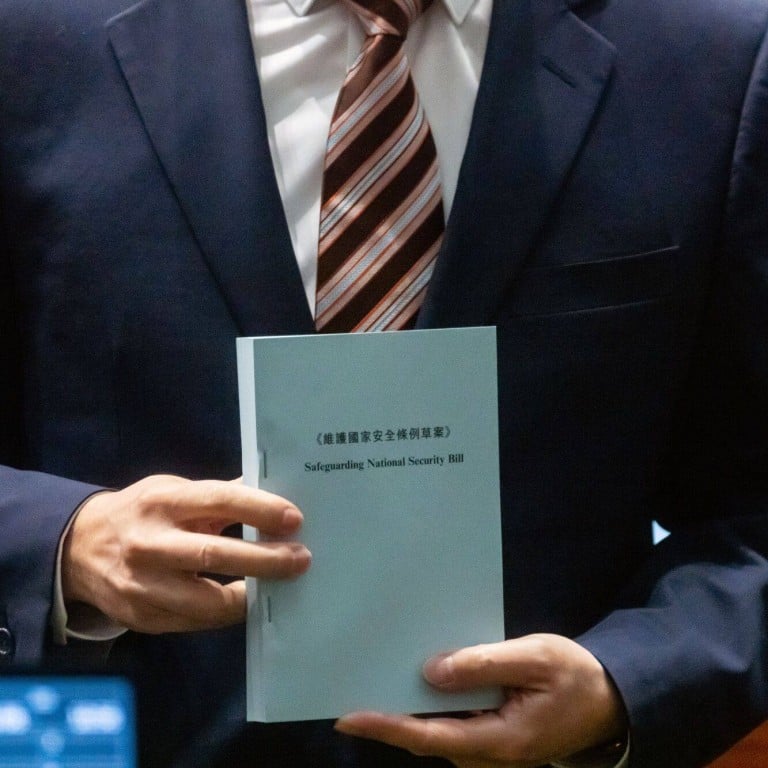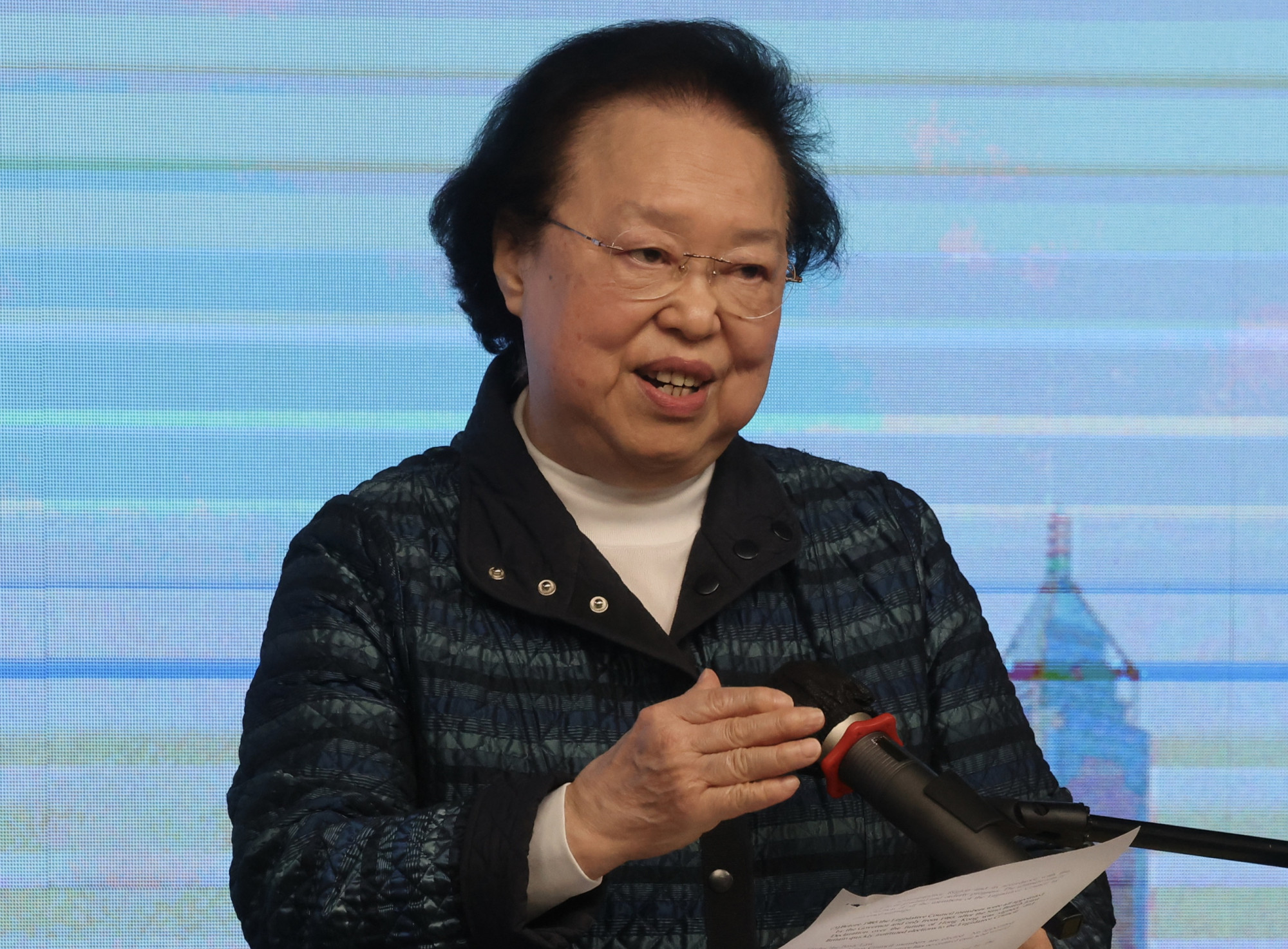
Hong Kong’s Article 23 law: legal experts argue axing national security prisoners’ early release does not violate human rights
- Former Basic Law Committee vice-chair Maria Tam also says new rules under domestic national security legislation ‘are not punitive measures’
- Public has very slim chance of breaching law, fellow mini-constitution expert Albert Chen adds
Maria Tam Wai-chu, former vice-chairwoman of the Basic Law Committee, which advises the central government, expressed her support for the legislation’s axing of remission for those jailed on national security offences.
“The new rules are not punitive measures, as they neither increase additional penalties nor constitute illegal custody,” she wrote in an op-ed for a local newspaper published on Wednesday.
On Monday, inmate Adam Ma Chun-man, known as the “second-generation Captain America” for dressing as the Marvel character at demonstrations, was denied early release as he served prison time for secession-based offences.
Tam said early release was “never a necessary right to prisoners” and subject to the correctional services commissioner’s discretion.
Before the Article 23 law took effect, prisoners could receive early release for good behaviour.
Ma was originally scheduled for release on Monday, subject to remission for his five-year sentence.
The new ordinance stipulates such prisoners “must not be granted remission” unless the correctional services commissioner is satisfied it will not compromise national security.
The policy change also affects defendants currently on trial for national security offences, as well as prisoners who started serving their time before the law took effect.

Legal academic Albert Chen Hung-yee, a former Basic Law Committee member, said on Thursday that residents, media professionals and academics had a very slim chance of falling foul of the legislation.
“I believe that the vast majority of residents will voluntarily comply with the provisions of the ordinance; we do not need to overestimate the impact on the public’s daily lives and normal activities.”
Hong Kong’s leader says early prison release hard to get after Article 23 law
Chen said offences related to the theft of state secrets were regulated by the “comprehensive system”, pointing to mainland Chinese law, as documents that fell under absolute confidentiality were visibly stamped.
The public would not violate the law so long as they did not “deliberately” spy on government officials, he said.
The academic also touched on external interference, another offence introduced under the ordinance that has sparked concerns from foreign representatives and business groups over what activities would fall under the law.
Chen said the concept was not exclusive to Hong Kong and existed in other jurisdictions.
Even individuals who did have some contact with foreign forces would not violate the law if they avoided behaviour considered to be “improper means” and produced an “interference effect”, he said.
He predicted that external interference provisions would typically target cases where foreign forces interfered in Hong Kong politics through local entities, adding that the public had no cause for concern.

